We live in a global world where travel, relocation and multicultural families are common occurrences. People generally adapt to new environments, new cultures, a new way of life but they should not forget where they come from. When you become a parent and raise your children abroad, teaching them about your country of origin should be part of their upbringing and education.
There are three different nationalities in our household, Slovak, Albanian and the little one is British. Each of these three cultures has their own traditions, values, food, language, celebrations and more. Although our little one is only a year old, it’s never too early to start connecting her to her roots.
Why is it important to encourage your child to learn about your family history and how can you do it?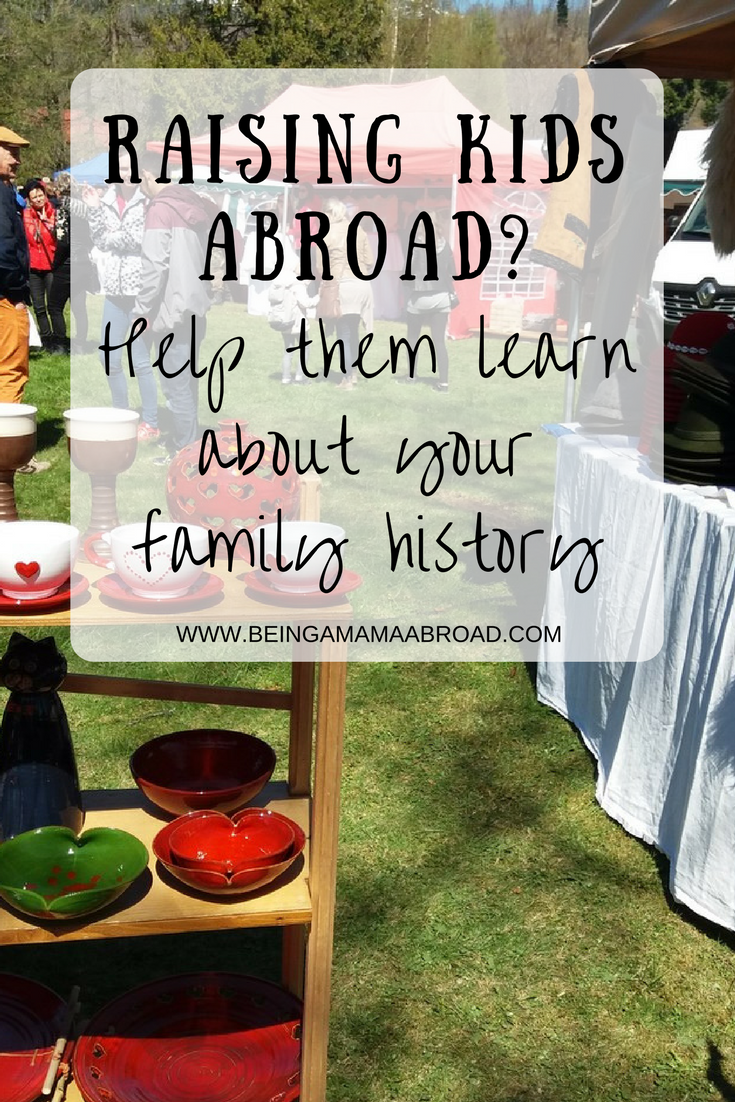
The WHY
Growing up in the UK, there is no doubt in my mind that our baby will become accustomed to a British culture and traditions. That’s part of her identity now being born and raised here. At the same time, her identity will be influenced by her family heritage as well. I want her to understand and appreciate her family roots and have knowledge of where her mummy and daddy come from.
In this globalised world, It’s more relevant than ever before to be able to adapt to new situations, value and respect different cultures and where better to start than understanding your own heritage first?
It’s important for children to be proud of their family roots and not be ashamed of them. It will make their life richer, and even though we live away from our families, I still want the little one to have a close bond with her grandparents and other relatives.
Knowing their roots, traditions and cultural background can give your children a sense of belonging. They can then hand down their knowledge to future generations and not let your identity and heritage slip away.
Now, let’s explore the ways you can encourage your child to learn about your family heritage.
Teach your child the native language
Being bilingual or even multilingual is hugely beneficial in its own way. Add to it the fact that language is one of the most important factors connecting your child to her roots, teaching your child her mother tongue is a no-brainer for me. We visit our family back home regularly, and I don’t want her to feel like an outsider as she grows older. I want her to be able to communicate with her grandparents and all extended family when we get together and enjoy family celebrations.
Without speaking the native language, there would constantly be a bridge between your child and the rest of your family. Children can learn several different languages right from a very young age, so introducing them to your mother tongue as early as possible is the best approach. It just makes perfect sense.
Visit home on a regular basis if possible
Luckily, Slovakia and Albania are not that far from the UK, and low-cost airlines such as Ryanair offer incredibly cheap air fares if booked well in advance. I make sure I visit Slovakia at least a couple of times a year.
Visiting your family as much as possible is essential for keeping that connections to grandparents and other relatives. Children also get to experience your country’s culture first hand. Visiting your hometown, a place where you grew up, showing them your first school, favourite places, will bring your child closer to your family roots. Being fully immersed in your culture will help children to understand the differences and similarities between your home country and country of residence.
Keep that connection alive, even if, for some reason or other, you can’t visit very often. We frequently have to sacrifice our more desirable holiday destinations for visiting families back home. That’s just the way it goes when you live abroad. Visiting our family comes first.
Celebrate holidays and traditions
Different country, different traditions. Some days which we celebrate in Slovakia are just ordinary days in the UK. For example, on 6th of December, we celebrate St. Nicolaus Day. In the morning, all children find little bags full of treats such as chocolate and sweets next to a shoe they placed the night before on the windowsill.
In Albania, people celebrate New Year’s Eve more than Christmas. This is a result of the majority of the population being Muslim as well as religion being banned during the Communist regime. This gives me the opportunity to celebrate Christmas the way we celebrate it in Slovakia, as my other half didn’t have special rooted traditions for Christmas when he was growing up. For him, New Year’s Eve celebrations are way more important.
Having a multicultural family means some celebrations may be more important in one culture than the other. Your children have the opportunity to experience and understand a bit of both worlds.
Celebrating Christmas, Easter and other holidays in a way you used to celebrate them back home helps your little one get an insight into your traditions and customs. It’s also a good idea to plan your home visits during some festive season, so your children can really experience the authenticity of the occasion.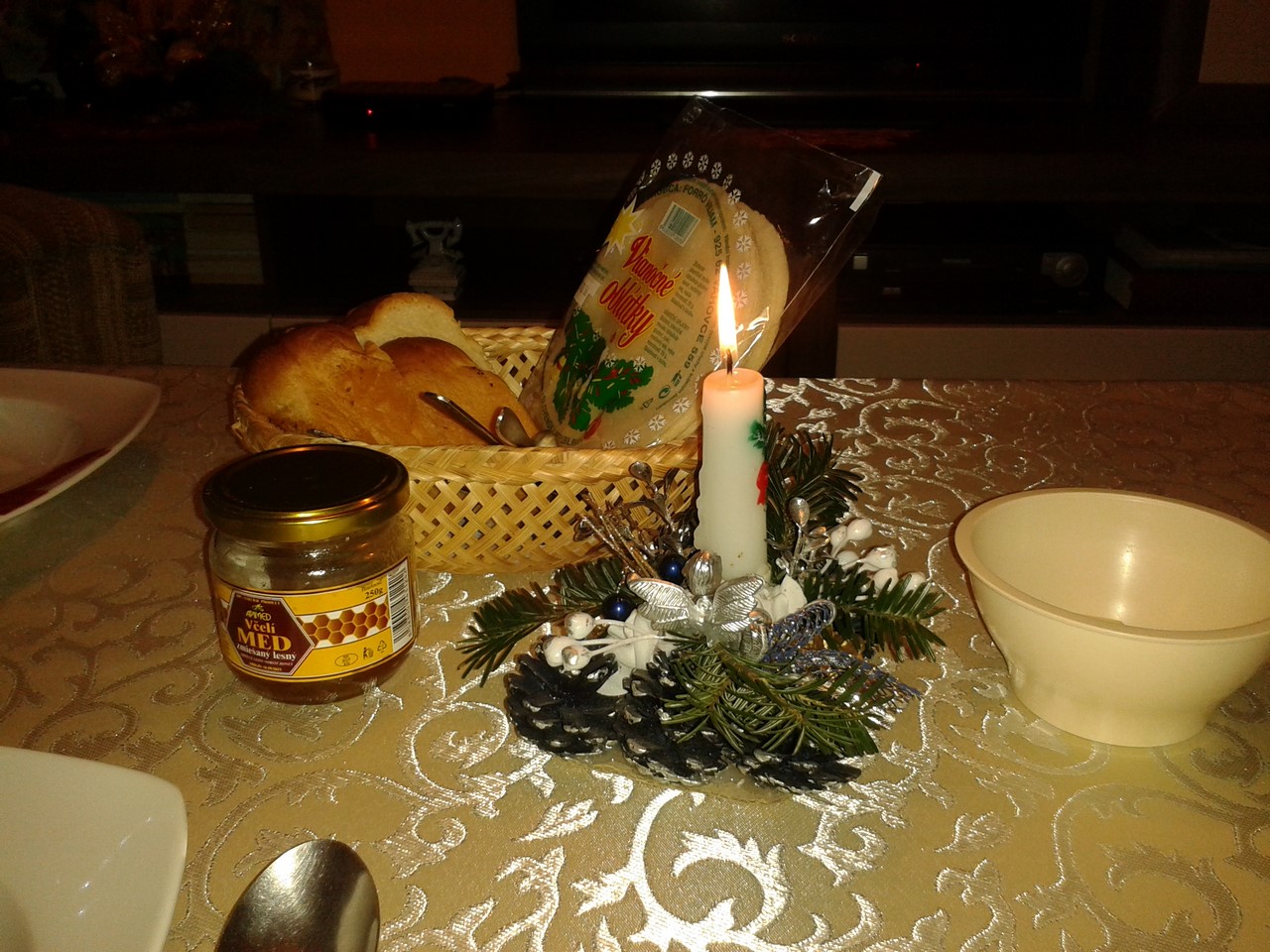
Read, sing and watch movies
When my baby was born, my sister-in-law gave me a book of traditional Slovak stories and fairy tales. I’m reading it to the little one occasionally, but I can’t wait to read it once she actually understands it. Finding books in your native language might be tricky abroad, but not impossible. I’ve recently found out there is an online bookshop in the UK selling books in my language.
Singing songs in your native language, especially songs you remember from your own childhood is another way to bring your little one close to your roots.
It’s so easy these days to find the songs, movies in your language on the Internet, so why not using it to keep the family heritage alive in your household? There are Slovak movies we used to watch as kids every Christmas, and I want my little one to experience it as well. Once the children are older, you can watch together some educational movies and documentaries about your country of origin.
Cook your country’s food
This is something I only started doing recently. Twelve years of life in the UK has totally changed my taste buds. I’m not saying it’s a bad thing, in fact, I love the variety of food we eat, ranging from Italian, Indian and, of course, British cuisine. But Slovak food has been pushed aside quite a bit if I’m totally honest. My mum’s cooking is fantastic, but she never really took her time to pass her skills onto my siblings or me.
Now, that we have a baby, I’m definitely putting some more effort into cooking Slovak dishes as well. I want our little one to know the diversity of our cuisine. Food is very much part of your heritage as well. Get your kids involved in the preparation and teach them some traditional dishes and favourite family recipes once they are old enough.
Would you add something else to this list? How do you encourage your kids to learn about your culture? Please leave your comments below.
Zuzana
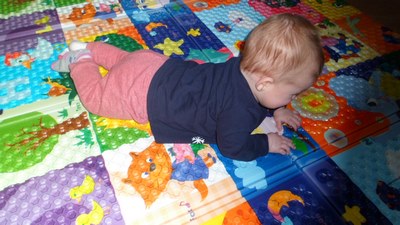

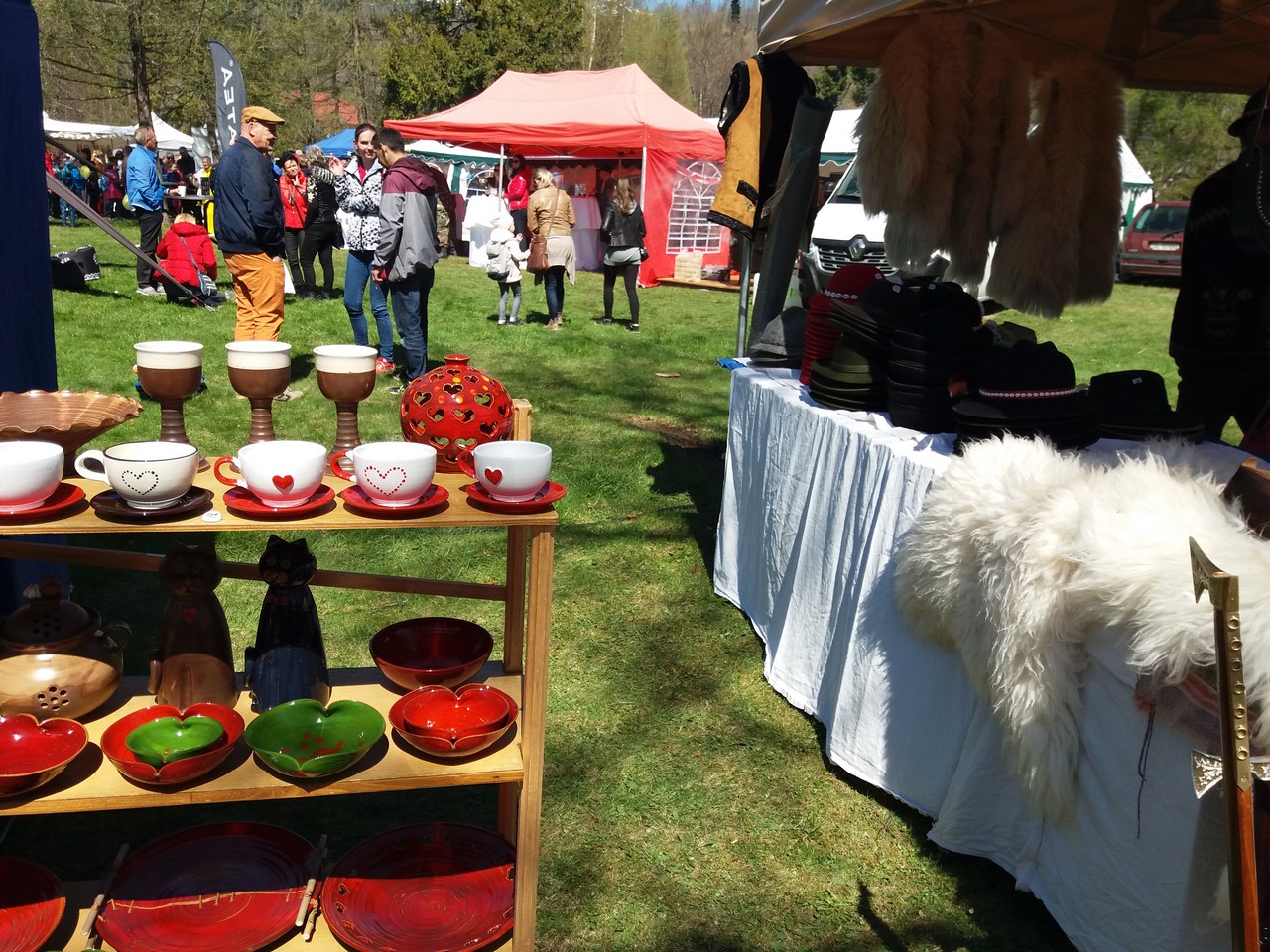

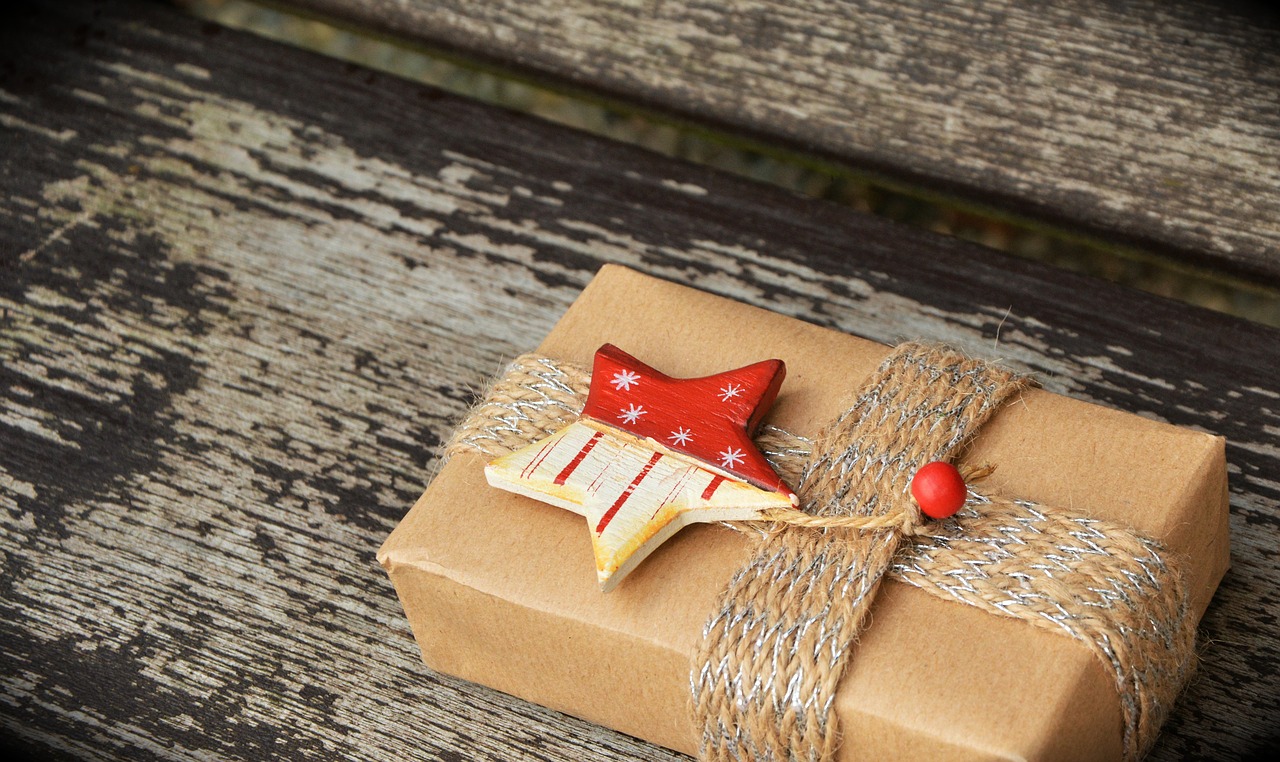
4 Comments
I couldn’t agree more with you. Children should learn about their past and what their roots are. My family has a long history which we can trace back quite far. Sadly, not all of it is pleasant. Nevertheless, I still feel my kids should be aware and know about the sacrifices that their ancestors made. We try to visit places and we celebrate all our traditions properly! Thanks for a great article.
Family history, whether good or bad, is still a part of your kids’ identity, and it’s great that you encourage them to understand their heritage. Knowing about the sacrifices of past generations might also make them appreciate what they have even more. Thanks for a comment.
I couldn’t agree with you more. I am an American and my husband is Nigerian. We live in South Korea, which is where we started a family abroad. Both of our daughters were born here and to date have never lived in their passport country, the USA and only my oldest has visited once. All they have known is Korea. I have suddenly become big on major holidays I grew up with, which had become less important to me in my adult life. That is until I had children. Now, I want them to enjoy some of the family traditions I grew up with a child. As third culture kids, knowing their family history is also important to the development of their identity. Good read and happy to have come across your blog!
I can so relate to this. I also somehow pushed some of my family traditions aside before I became a mum. Now I see why they are important and I want to do my best to expose our daughter to our cultures and customs as much as possible. I want her to be proud of her multicultural heritage. Thank you for reading and I can’t wait to check out your blog as well 🙂